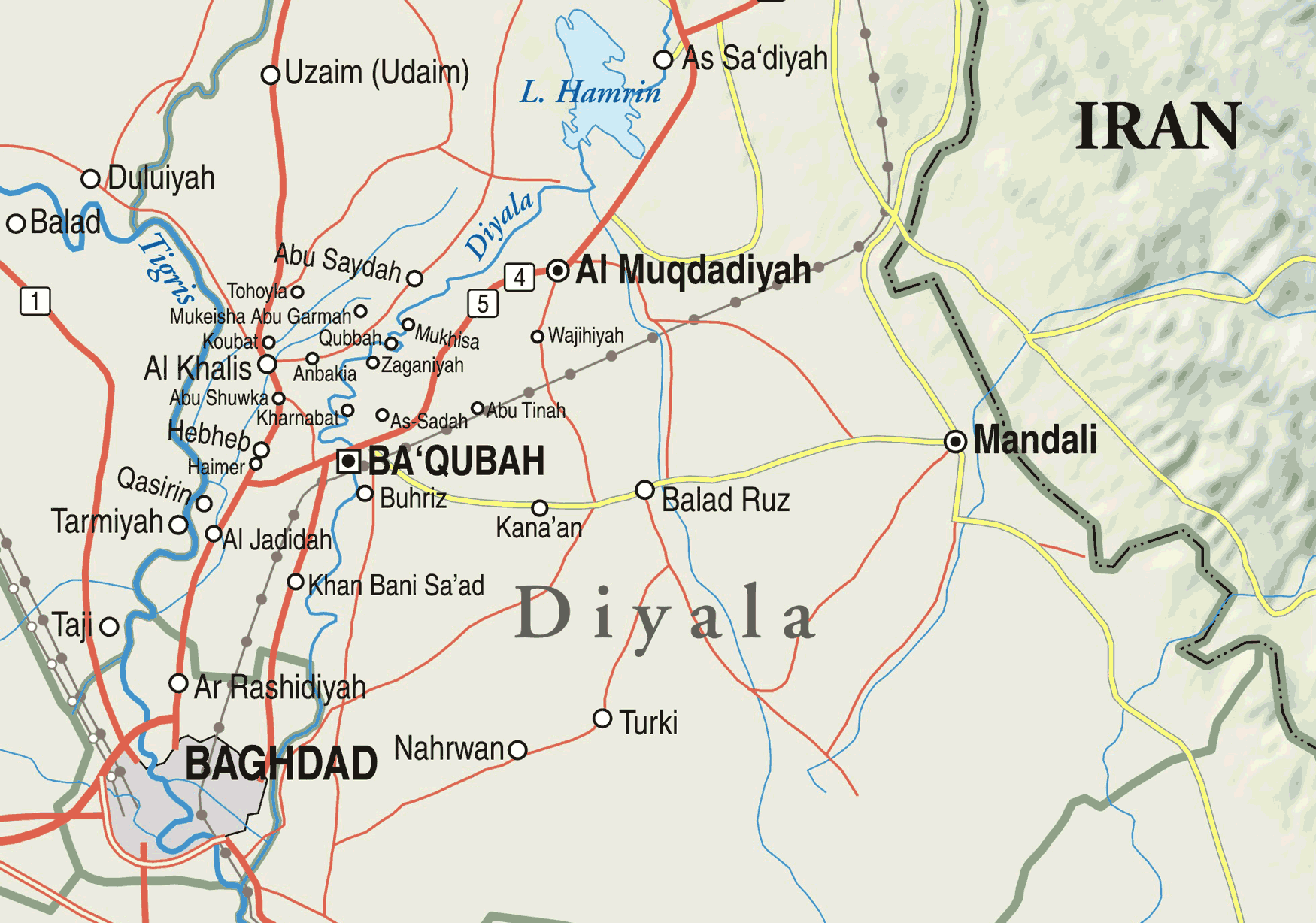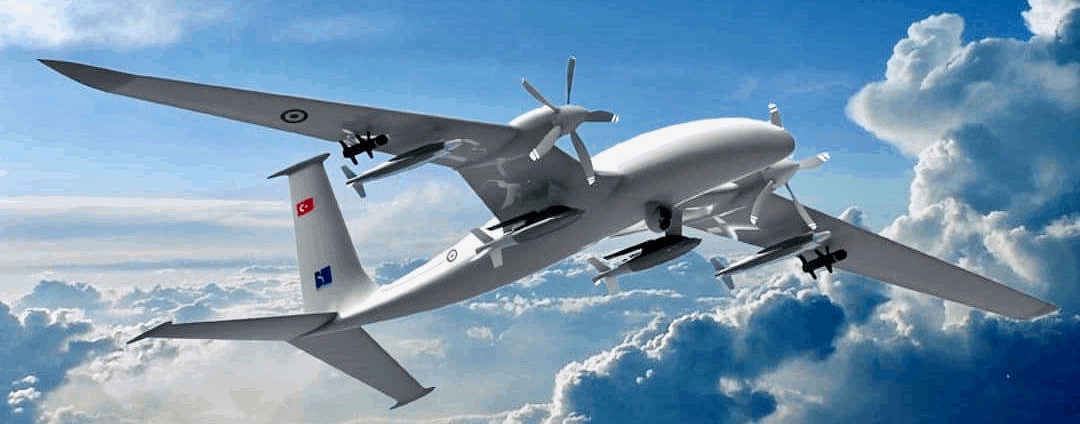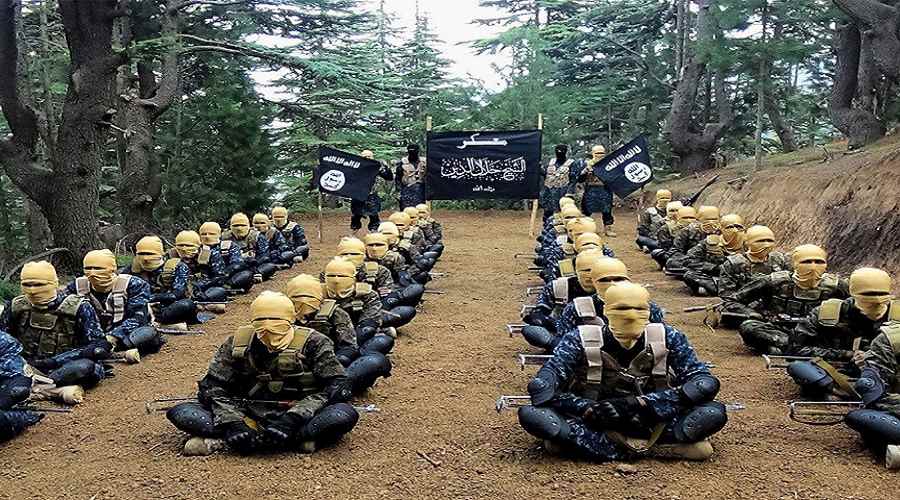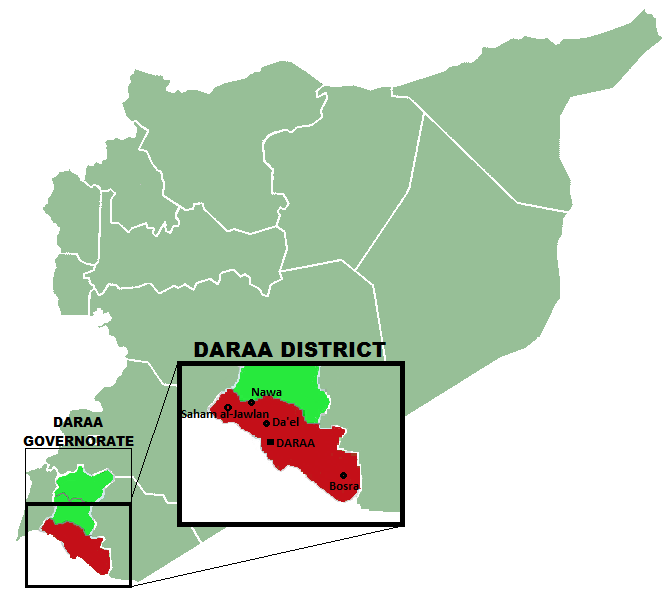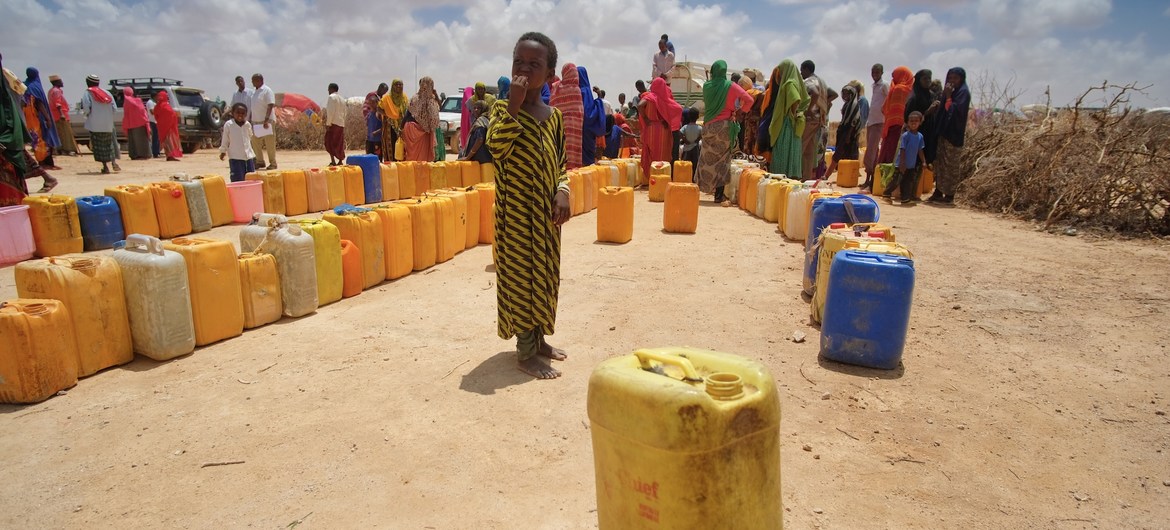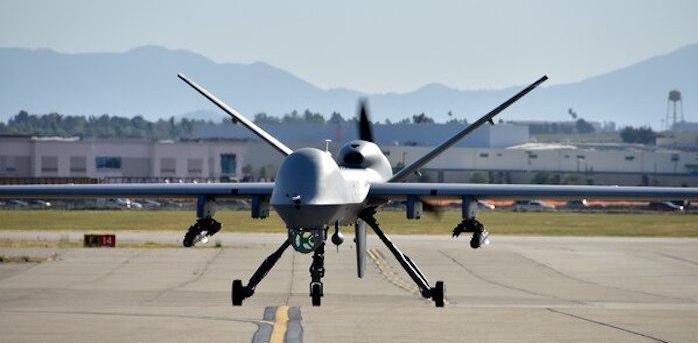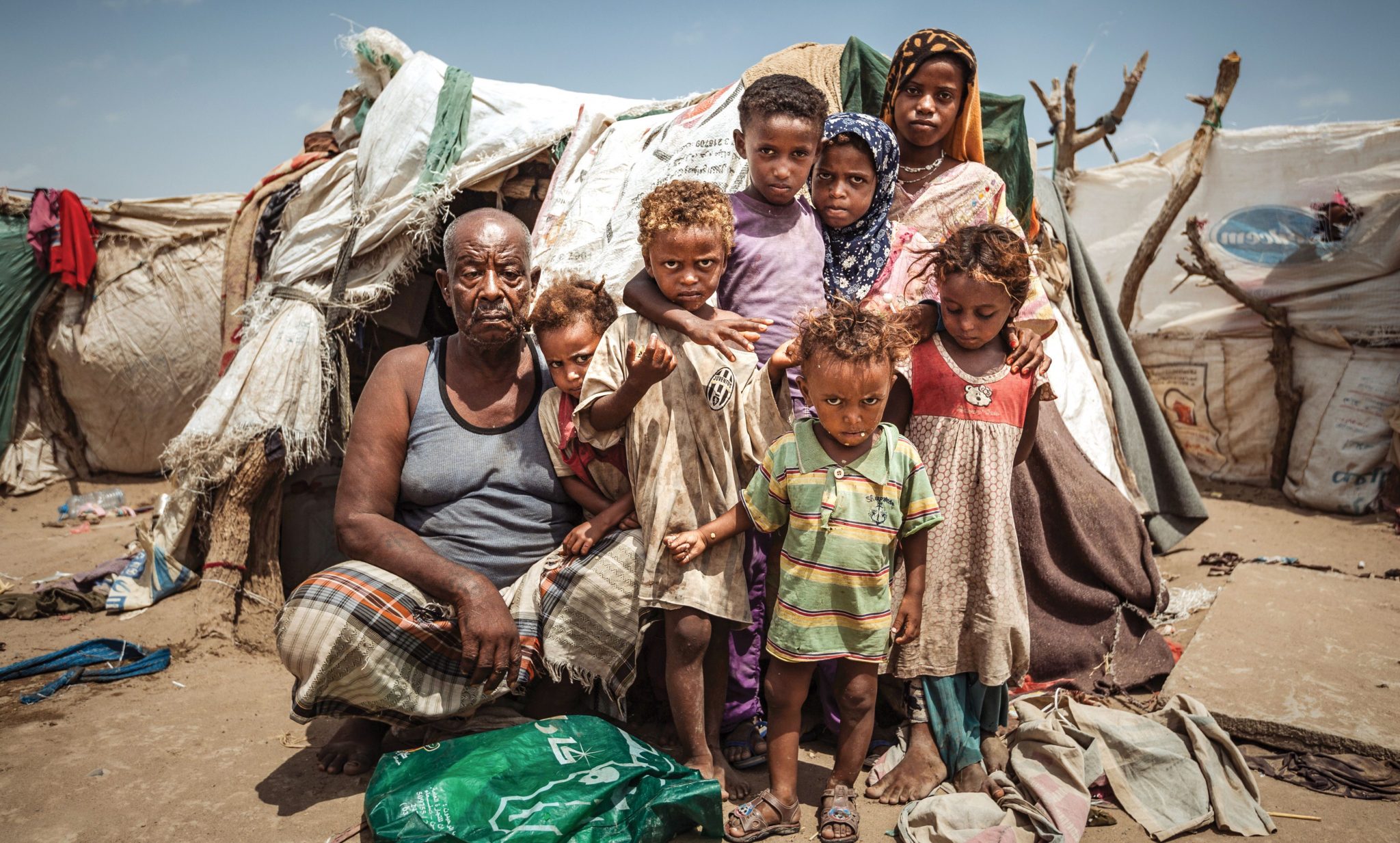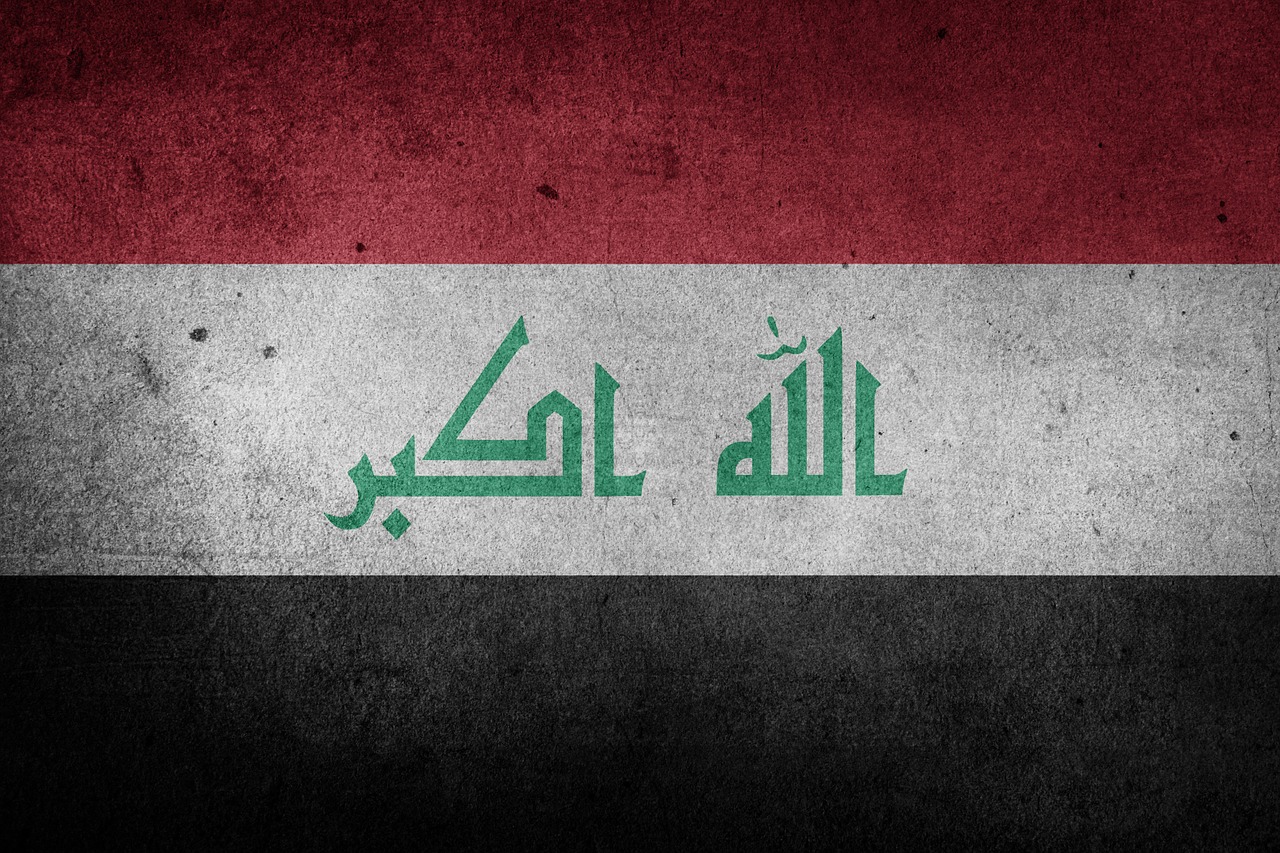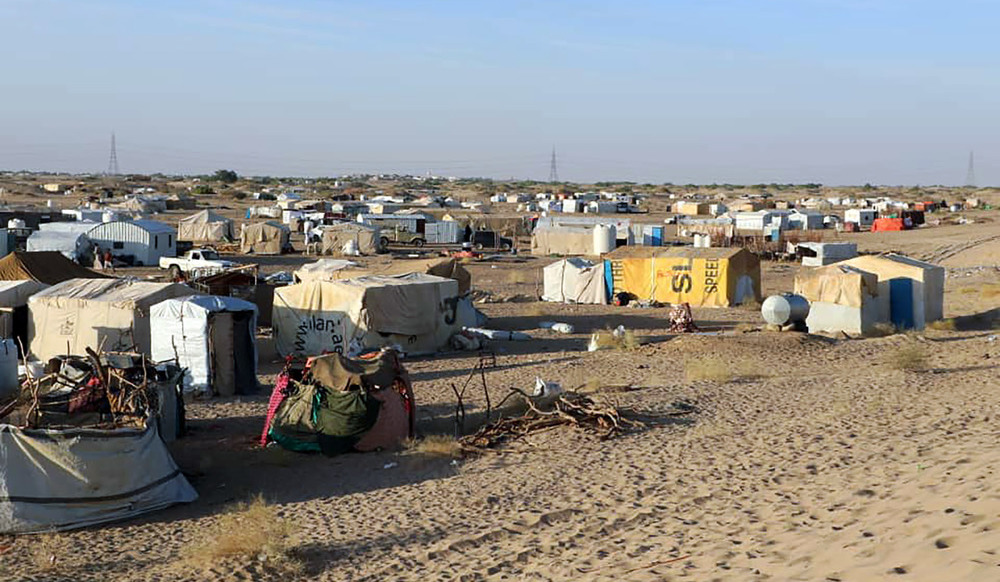
Yemen: Biden warned against Houthi ‘terrorist’ tag
President Joe Biden is said to be considering re-designating Yemen’s Houthi rebels as a terrorist organization following the group’s missile attacks on the United Arab Emirates, which leads the anti-Houthi military coalition with Saudi Arabia. Aid groups—part of a successful lobbying campaign that saw Biden remove the label shortly after he took office last January—warn that a redesignation would have “catastrophic consequences for Yemeni civilians.” Not only would it hit the economy hard, making it even more difficult to import food, fuel, and medicine, but it would also decrease the flow of much-needed aid to Houthi-controlled territory. Violence is meanwhile escalating, and not just around the battlefields of the contested province and city of Marib. Between early October and early February, 1,535 civilians were reportedly killed or injured, more than double the figure for the previous four months. (Photo of displaced persons camp in Marib by Mohamed Ghazi/TNH)



